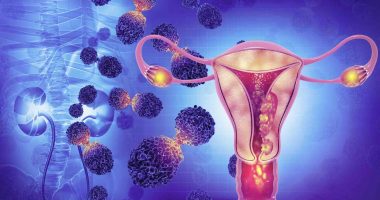- The findings of a study by Alterity Therapeutics (ATH) demonstrate its ATH434 candidate is “neuroprotective” and improves motor function
- The preclinical study was performed at the Medical University of Innsbruck in Austria under the direction of Professor Nadia Stefanova
- Results have been published by Movement Disorders — the official journal of the International Parkinson and Movement Disorder Society
- CEO David Stamler says ATH is on track to initiate a phase two clinical trial of the drug in patients with Multiple System Atrophy by the end of the year
- Shares are trading 8.8 per cent higher at 3.7 cents at 2:44 pm AEST
The findings of a study by Alterity Therapeutics (ATH) have officially been published, demonstrating the company’s ATH434 drug candidate is “neuroprotective” and improves motor function.
Based in Melbourne and San Fransisco, the biotechnology company is dedicated to developing treatments for neurodegenerative conditions.
Its ATH434 candidate is reportedly the first in a new generation of small-molecule drugs designed to inhibit the accumulation and aggregation of pathological proteins implicated in neurodegeneration.
The preclinical study of the drug was performed at the Laboratory of Translational Neurodegeneration Research at the Medical University of Innsbruck in Austria, under the direction of Professor Nadia Stefanova.
The findings, published by Movement Disorders — the official journal of the International Parkinson and Movement Disorder Society — showed treatment using ATH434 was both neuroprotective and improved motor function.
Specifically, the drug was demonstrated to reduce a-synuclein-related neurodegeneration in a widely accepted murine model of Multiple System Atrophy (MSA).
ATH said the results independently confirmed and extended previous findings from another academic laboratory, both in the same MSA model and in animal models of Parkinson’s disease.
Importantly, the study also revealed for the first time that ATH343 preserved neurons in the stratium — a region of the brain known to be affected in patients with MSA.
Alterity Therapeutics CEO David Stamler said publication of the results was exactly what the company was hoping to see as it advanced to clinical trials in MSA.
“By targeting a-synuclein and excess brain iron in MSA, we believe that ATH343 can treat the underlying cause of this devastating disease, which has no approved therapy,” he said.
“We remain on track to initiate our phase two clinical trial of ATH343 in patients with MSA by the end of the calendar year.”
The full publication is available online via Movement Disorders‘ online journal.
Alterity Therapeutics shares were trading 8.8 per cent higher at 3.7 cents each at 2:44 pm AEST.








